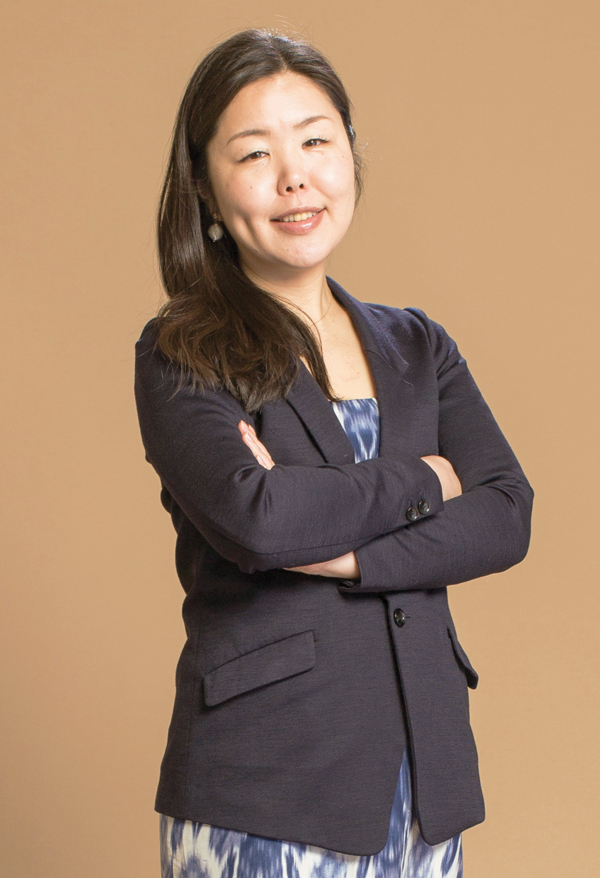Azusa Tanaka | Movers & Shakers 2019 – Innovators
“It is important for…libraries that own [a] one-of-a-kind collection to make such a collection available and accessible to the world,” says Azusa Tanaka, Japanese studies librarian at the University of Washington. That was the impetus for her to develop an online, searchable compilation of finding aids for 156 multivolume Japanese-language sets held in academic libraries around the United States. Each of the Japanese Multi-Volume Sets Discoverability Improvement Project editions contains between two and 100 books and covers myriad topics, many unique to their institutions.

CURRENT POSITION
Japanese Studies Librarian, University of Washington Libraries, Seattle
DEGREE
MLIS, Syracuse University, NY, 2009; MA–International Studies, University of Washington, 2005
FOLLOW
@azusata; orcid.org/0000-0002-9611-4680; jisao-washington.academia.edu/AzusaTanaka; guides.lib.uw.edu/research/japaneseindex/history
Photo by ©2019 Matt Lawrence Photography
Global Access
“It is important for…libraries that own [a] one-of-a-kind collection to make such a collection available and accessible to the world,” says Azusa Tanaka, Japanese studies librarian at the University of Washington. That was the impetus for her to develop an online, searchable compilation of finding aids for 156 multivolume Japanese-language sets held in academic libraries around the United States. Each of the Japanese Multi-Volume Sets Discoverability Improvement Project editions contains between two and 100 books and covers myriad topics, many unique to their institutions. “We didn’t just scan these finding aids. We made them available in text format,” says Tanaka, noting that users can even create their own databases from them.
With $52,500 in grants from the Council on East Asian Libraries and the Andrew W. Mellon Foundation, Tanaka led a team of three other Japanese studies librarians at Cornell University and the University of Pittsburgh. The enormous project ultimately included 30 colleagues at academic libraries from the University of Tokyo to Yale. Tanaka also built relationships with 12 Japanese publishers and pushed them for open access. Without that, there would have been no way to search by text.
Tanaka “has almost single-handedly advanced Japanese studies librarianship in the [United States],” says nominator Daniel McKee, Japanese bibliographer at Cornell University Library, “setting up systems for enhanced discoverability that will have positive repercussions on [cutting-edge] research for decades to come.”
RELATED
ALREADY A SUBSCRIBER? LOG IN
We are currently offering this content for free. Sign up now to activate your personal profile, where you can save articles for future viewing










Add Comment :-
Comment Policy:
Comment should not be empty !!!
Kazuyo Good
Congratulations. This is very valuable and vital finding aid to Japanese Studies scholars worldwide. Thank you for leading this project. We're all so proud of you.Posted : Mar 07, 2019 06:21